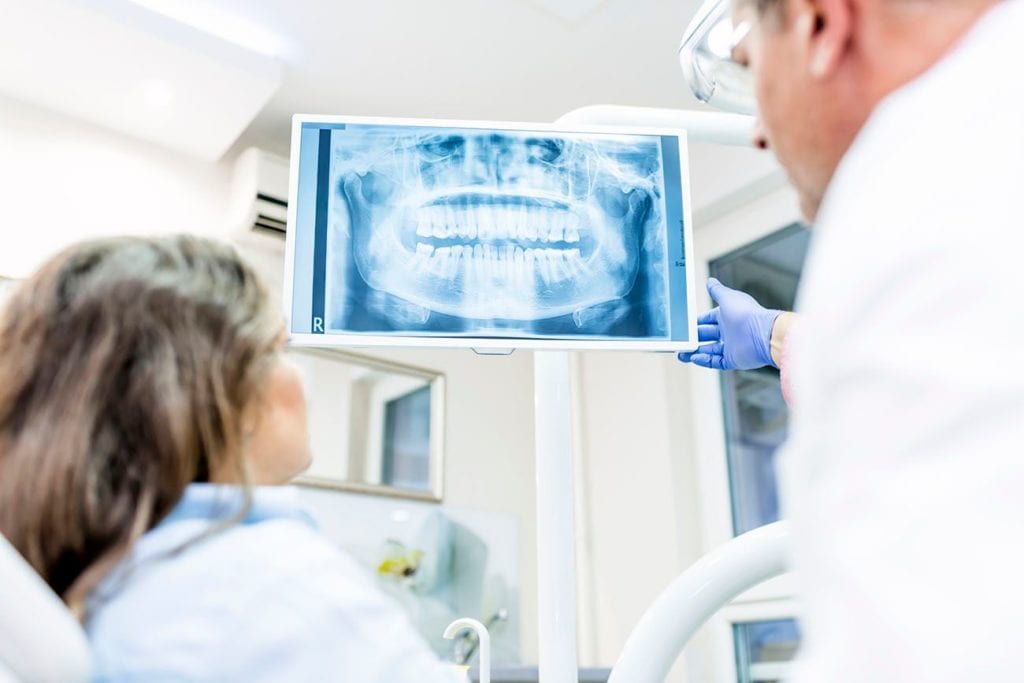Wisdom teeth is the common name for the third molars that grow between the ages of 17 and 21. Not everyone has these teeth, and for some people, they can grow and join the other teeth without issue. For other dental patients, these teeth have trouble breaking through the gum tissue and become stuck in the jaw, becoming impacted. In many cases, these teeth need to be removed with extraction surgery. Dr. Elise Brace, a dentist in Cary, NC, responds to frequently asked questions about the wisdom teeth removal process.

How will I know I need this procedure?
Your dentist can monitor the growth of wisdom teeth with X-ray imaging completed during regular dental appointments. They can examine the image to see if the teeth are growing straight or at an angle and if surrounding teeth are affected by their presence. If the dentist notices signs of crowding or damage to these other teeth, they may recommend wisdom teeth removal. Sometimes the patient may not notice any symptoms as these teeth grow. Other patients may experience soreness in the jaw as the teeth shift and attempt to break through gum tissue.
What should I expect during the extraction?
You will be under general anesthesia for wisdom teeth extraction surgery. Your dentist will administer medication, usually intravenously, that will cause you to be unconscious for the duration of the surgery. You will also receive local anesthesia, which involves an injection of medication to the nerve of the tooth. The anesthetic blocks pain signals from reaching your brain, so the area will be numb both during the procedure and when you awake.
During this time, your dentist will surgically remove the wisdom teeth, though you will not be aware of this process. This is an outpatient procedure, so you will be able to return home the same day once you awaken after the surgery. You will be groggy and disoriented from this medication, so you will need to organize a ride home.
What is recovery like?
Dentists recommend scheduling at least two days off from school or work to recover from wisdom teeth removal surgery. Pain and swelling are normal during this time. You should use cold compresses on your cheeks to reduce these side effects. You can eat soft foods in these first few days of recovery. Avoid using a straw because the sucking action can dislodge blood clots in the surgical site and cause a dry socket, a painful condition that can delay healing. If you follow your dentist’s aftercare instructions, you should be fully healed within one week after your surgery.
Kildaire Family and Cosmetic Dentistry offers wisdom teeth removal to patients in Cary, NC. Dr. Brace also specializes in general, cosmetic, and restorative dentistry for patients of all ages. To schedule an appointment with us, contact our office online or reach us by phone at 919.246.4620.
